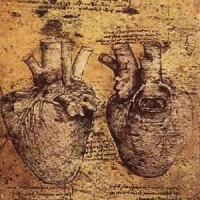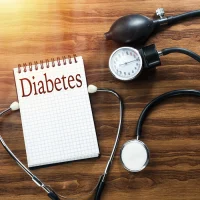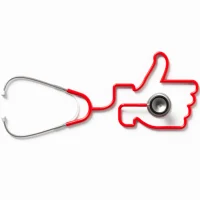The European Society of Cardiology (ESC) is a leader in the field of cardiology education and has recently laid down its vision for how to improve education for trainees as well as certified cardiologists. Although the ESC has an action plan for how to integrate electronic health services into patient care,the rapidly evolving field of digital education has received less attention but has considerable impact on clinical practice. All cardiologists, and those in training, routinely use digital sources of learning and yet we lack an understanding of the challenges and limitations for integration of new technologies. There are also important opportunities to advance and stimulate a transformation in educational practice across the ESC.
Although younger professionals are the most intuitive target for promoting medical education through social media, the potential value for ‘older’ cardiologists is as yet unrealised. The strongest argument for using social media is the possibility to interact with fellow learners, experts in the field, and even the public at large.
Smartphone apps are commonly used at bedside-level for risk score calculation, guideline consultation, and communication. For educational purposes, apps could provide contextual digital learning opportunities for trainees and certified cardiologists, as well as information directed to patients. Clear opportunities for improving the use of smartphone apps include (i) translating content to other languages (in collaboration with National Cardiac Societies); (ii) further development of ‘multitasking’ ESC apps, with educational content, guidelines, and clinical decision tools; (iii) tagging educational content systematically, hence making all ESC education searchable; (iv) developing different approaches to learn and be informed, including news feeds, audio- and video-based resources and the online ESC textbook; (v) generating real-time collaborative platforms to engage colleagues for discussion and to improve patient care; and (vi) creating patient-tailored content to enhance self-care and adherence.
A wide variety of online resources are already in use, including internet searches (‘Dr Google’), webcasts, online repositories (PubMed, Medscape), and clinical cases. The ESC could play a major role in providing online resources through: (i) improving the crosslink between the ESC topic list and educational content—producing ‘electronic packages’ of education targeted to a particular clinical scenario; (ii) providing ‘unbiased’ educational content as opposed to industry-supported learning; (iii) optimizing interaction with ESC education through social medial and search engines; (iv) supporting continued e-learning following ESC Congress sessions; (v) promoting ‘micro-learning’ videos to improve basic skills in cardiology; and (vi) implementing technology tools to identify and classify older or out-of-date educational content.
A digital cardiologist should ideally be able to use digital tools for clinical practice, teaching and training, and interacting with patients. The main challenge is to learn how to use digital technologies as a supportive tool, not to replace human thinking and common sense. As digital practices become more and more common, we need to keep all practitioners engaged (including teaching ‘old’ doctors ‘new’ tricks). In some cases, digital technology has the potential to increase workload, with subsequent impact on the time for patient interaction. There is also a tendency to lose the depth of understanding with shortened educational packages and soundbites. To promote digital cardiologists of the future, curricula need to be adapted to reflect the new digital capabilities expected in modern times.
Source: European Heart Journal
Image Credit: iStock
References:
Rossello, X et al. (2019) Digital learning and the future cardiologist. European Heart Journal. doi.org/10.1093/eurheartj/ehy884
Latest Articles
Cardiology, cardiologist, Digital Learning
The European Society of Cardiology (ESC) is a leader in the field of cardiology education and has recently laid down its vision for how to improve educat...










